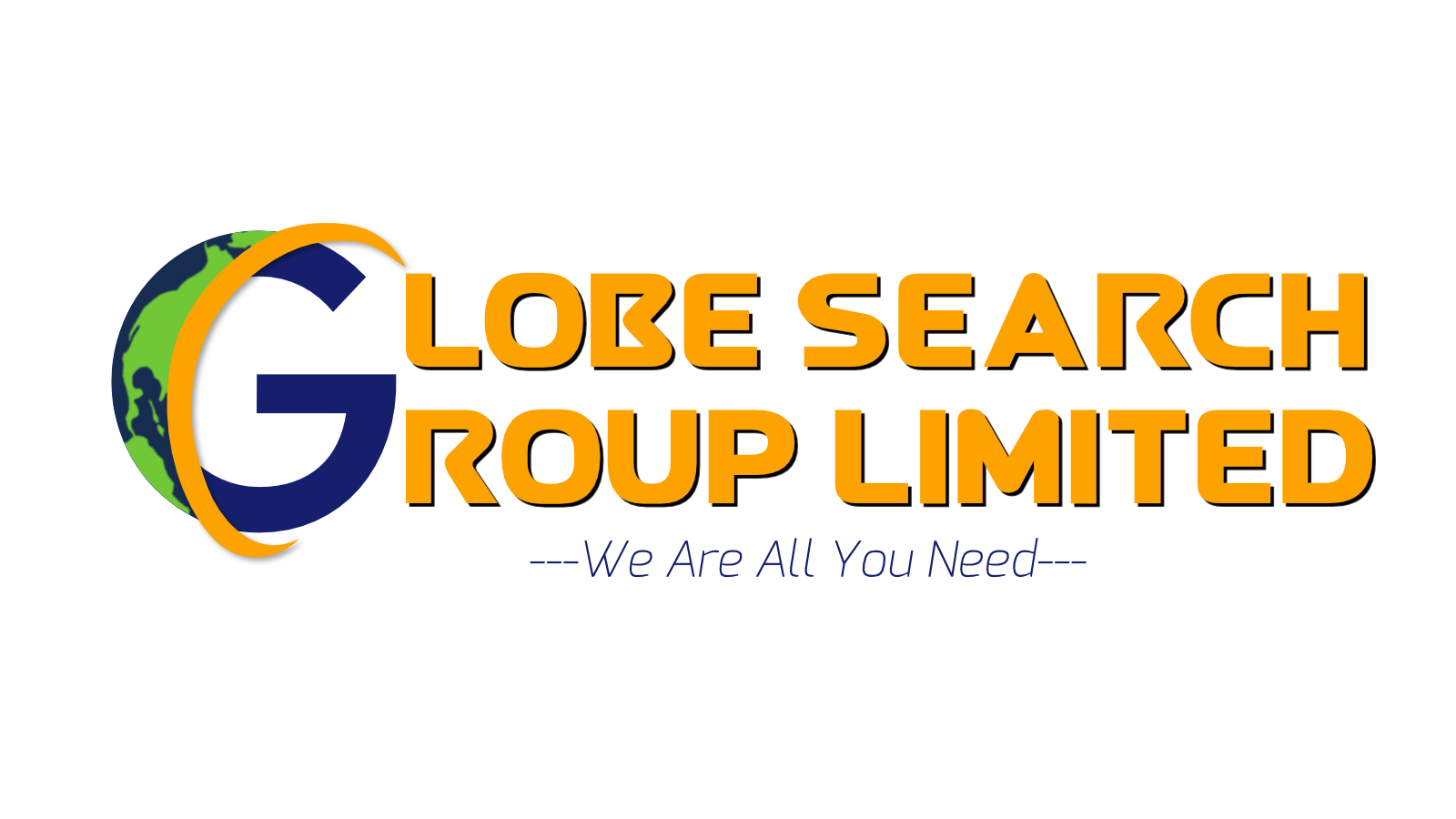Providing feature-rich tools for third-party developers has not been a priority as of yet. This has had negative impacts on system security and has prevented widespread usage . Currently, a parallel can be drawn between blockchain technology and TCP/IP (Transmission Control Protocol/Internet Protocol) in terms of adoption and disruptive potential. In addition to the challenges of https://www.nextcryptocity.com/what-is-the-problem-with-the-blockchain adopting blockchain, participants in APQC’s research reported the top benefits they anticipate receiving from its use — specifically across their supply chains. Blockchain is still very much an emerging technology, and the skills needed to develop and use it are in short supply. As figure 2 shows, 49% of research participants indicate that this skills gap is a top challenge.
A distributed ledger via a blockchain-based network can provide a richer, more comprehensive transaction history than the selective view users may get if they’ve only got internal systems and maybe some blacklists to review. At its most basic, it’s a peer-to-peer-based distributed ledger or database organized by a set of protocols combined with a blockchain, meaning a series of encrypted sets of data that record immutable changes over time. While that may be relatively straightforward, depending on how the technology is being implemented, the definition can become convoluted. While blockchain holds tremendous potential for creating new financial, supply chain and digital identity systems, it’s often erroneously seen as a panacea for business problems. While blockchain technology has its problems, there are thousands of people working on solutions. The solutions in place today look to make small compromises on the original vision of blockchain as laid out in the Bitcoin white paper published more than a decade ago.
What Problem Blockchains Actually Solve
A blockchain bridge, otherwise known as a cross-chain bridge, connects two blockchains and allows users to send… The ever-increasing value of real estate has made it clear that the industry can utilize new technology to cope with this growing demand. It can help make taxation more efficient by automatically verifying tax records to prevent fraud.
- The reality is that individuals, countries, and organizations won’t benefit from the security of a decentralized system by controlling it like it’s a centralized one.
- While there’s a lot of effort to create new privacy protocols, such as proof of zero-knowledge, we’re still a long way from a new identity structure.
- And how did cryptocurrency become such a tradable asset, especially when you can barely use it to buy anything?
- The first occurred in the 1700s by the commercial steam engine and the mechanical approach.
- The permanent records captured during this journey can help trace where the failures in the supply chain are occurring.
- • Do not save blockchain keys on your laptop or mobile as text files.
Consider how law firms will have to change to make smart contracts viable. They’ll need to develop new expertise in software and blockchain programming. They’ll probably also have to rethink their hourly payment model and entertain the idea of charging transaction or hosting fees for contracts, to name just two possible approaches.
Scalable distributed ledgers
Indeed, virtually everyone has heard the claim that blockchain will revolutionize business and redefine companies and economies. Although we share the enthusiasm for its potential, we worry about the hype. https://www.nextcryptocity.com/ Our experience studying technological innovation tells us that if there’s to be a blockchain revolution, many barriers—technological, governance, organizational, and even societal—will have to fall.
A blockchain-based system can even help track user engagement and interaction, which can then be used to create incentive programs to promote even more audience interaction and engagement. Blockchain-based systems allow for securities or Initial crowdfunding. In essence, it is similar to public offerings where a company or startup will issue tokens that will function as the company’s share, but without equity exchange. Furthermore, being a centralized system, it makes room for a lot of abuse and corruption from the inside. This can result in increased distrust between the government and its people, which typically translates to even more problems in the state.
The lack of regulation will be the next area where you may face difficulties. Scams and market manipulation that might trigger a global economic collapse are not out of the question. As a result, Bitcoin has been getting lots of negative attention from all around the world.
Biomedical evidence data verzioning can also be supported by this solution. While Mamoshina, Ojomoko introduce a new approach to appraise and evaluate personal records, including the combination-value, time-value and relationship-value of the patient data that the patients themselves do not control. They also show a roadmap for a blockchain-enabled decentralized personal health data ecosystem to enable new approaches for drug discovery, biomarker development, and preventative healthcare. The existing technical infrastructure today inhibits secure and scalable data sharing across healthcare providers, thereby limiting support for much needed collaborative clinical decision making .

